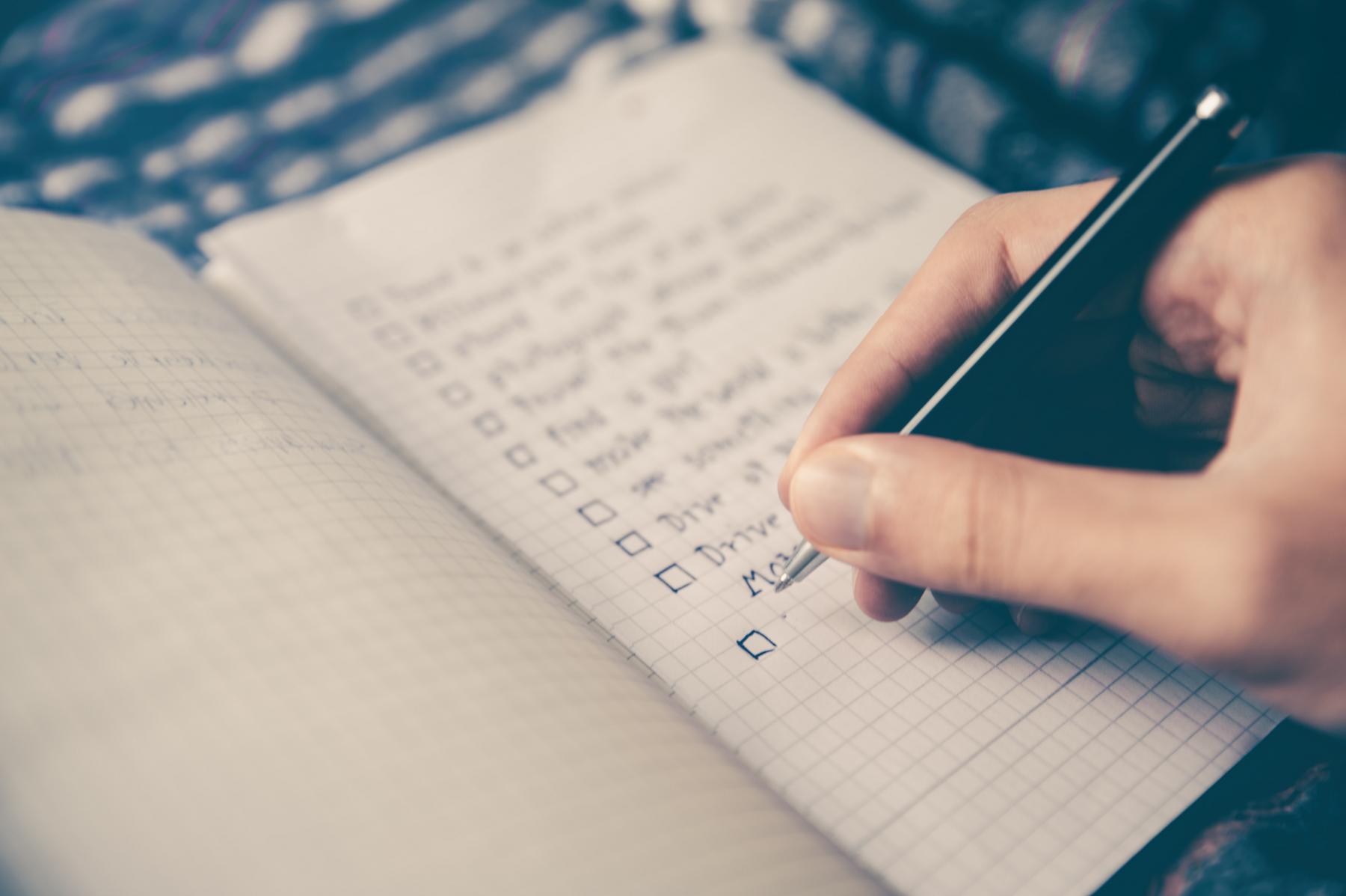Don’t feel pressured to have the perfect work-life balance (there’s no such thing). Trying to create it will only cause more stress. Not every day of work will be incredibly productive, and not every night at home will be full of Zen. Adjusting what you can and being mindful to take care of yourself will make a world of difference. Having a work-life balance means something different to every individual, but here are a few suggestions to keep in mind as you work toward finding your own sense of balance.
Set Boundaries
If you work for yourself, you may have the luxury of building your own schedule, meaning you also have the power to work overtime. Way overtime.
If you’re employed by a company, you probably have a 9 to 5 or similar weekly schedule. But with every profession comes deadlines, to-dos, and clients who need you, so you likely find yourself leaving late, or continuing to work from home.
A great way to increase your sense of self-control and reduce stress is to set boundaries. Identify your limits and “draw the line” when you feel uncomfortable with a situation. A key to setting work boundaries is deciding on a time when you will stop working. Of course there will be days when you need to adjust to meet a deadline or have a late meeting, but for most days, you should already know what time you’ll shut your laptop (and stop answering emails if they come straight to your phone). The average American will work 90,000 hours in their lifetime. In other words, work will always be there. Reassure yourself that you do have the right to set boundaries, and know that a boundary is designed to protect you and your overall well-being.
- People spend roughly 1/3 of their lives at work
- The average hours worked over a human’s lifetime is 90,000!
Unplug
Technology has made work easier in so many ways, but it has simultaneously created an expectation of constant availability. With such easy access to information and each other, it can sometimes feel like the workday never ends.
Robert Brooks, a professor of psychology at Harvard Medical School and co-author of The Power of Resilience: Achieving Balance, Confidence and Personal Strength in Your Life says “there are times when you should just shut your phone off and enjoy the moment.” Phone notifications can interrupt your quality time when you are out of the office and create an undercurrent of stress that seemingly never ends. Good advice is to put your phone away during time spent with family or friends. This will help you to ensure that your quality time is truly that – quality time. You don’t always have to respond to emails and texts immediately. When you realize that you can unplug for a while, you become more resilient, and “resilient people feel a greater sense of control over their lives,” says Brooks.

Focus on What Matters
The phrase “work-life balance” can be stressful if you think that work and life exist in opposition to each other. It is important to consider who and what is important to you, and how you want your life to look in the future. Identifying key figures in your life and finding ways to keep them involved in your regular routine, helps to ensure that you’re surrounded with people who support you and make you happy. Focusing on what matters most from all aspects of your life will help you prioritize what is most important. Here are a few exercises to assist:
- Set 1-3 small goals for each day: These goals can be from different areas of your life. For example, you might want to include a work-related goal, a personal goal and a household goal. When you reach your goals, you can feel a sense of accomplishment for your efforts.
- Practice providing value in all you do: Take pride in the work that you do and the relationships that you build. People appreciate a job well done and time well spent.
- Have a clear vision: If you have too many thoughts floating around your head, it’s easy to become distracted and overwhelmed. Write your thoughts down so you can view them objectively, then narrow them down to workable plans.
Recharge
With all the daily demands and expectations that accompany working and caring for your household, friends and family, it’s normal to feel burned out on occasion. But taking time to recharge is not a frill, it’s a necessity for performance. When you are rested and rejuvenated, your problem-solving skills and creativity increase. Sometimes just giving yourself a few moments to slow down can help put things in perspective. You can find ways to incorporate small boosts, like going for a walk, having lunch with a friend or meditating. Unplugged weekends are also a nice way for a quick recharge- try hiking, taking a drive with family or friends, cooking, gardening or reading a book.
And when you have the opportunity, try getting away on a vacation where you can experience another culture or just simply relax. Leaving work at work is the key to getting the full recovery benefits of a vacation. A vacation will invigorate you, reduce your fatigue and expand your horizons. It is also a great time to connect with your family and/or travel partners. On top of that, getting away also leads to significantly higher productivity upon the return to work.
- 42% feel pressured to check-in while on vacation
- 40% feel guilty for taking all vacation days (millennials)
Creating a dialogue with your employer and being open to trying to different solutions that enable you to build a better harmony between your work and personal life can result in improved performance and overall satisfaction. Don’t lose your enthusiasm for work or life, try to focus on the positive, and don’t be afraid to advocate for yourself.



